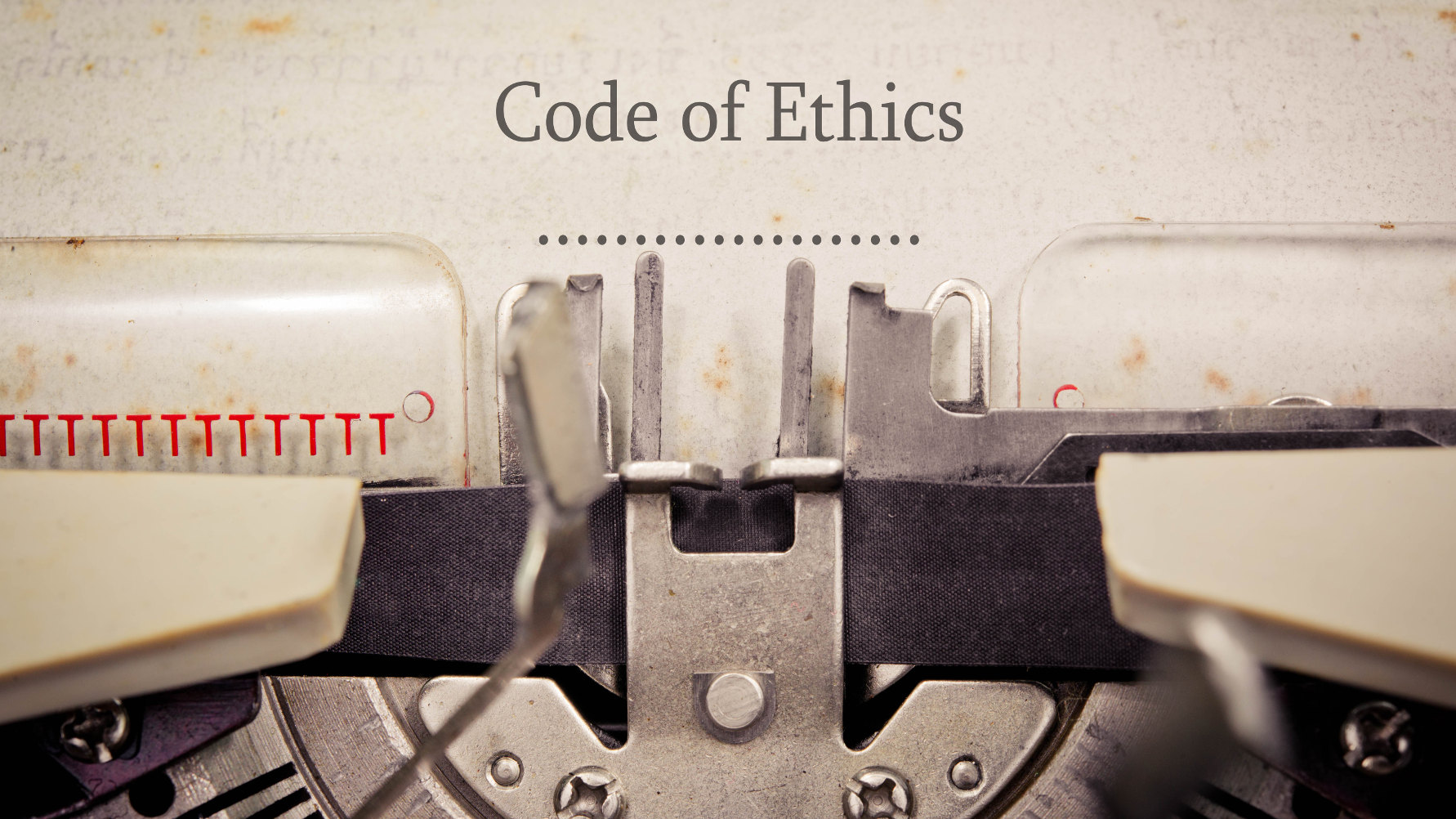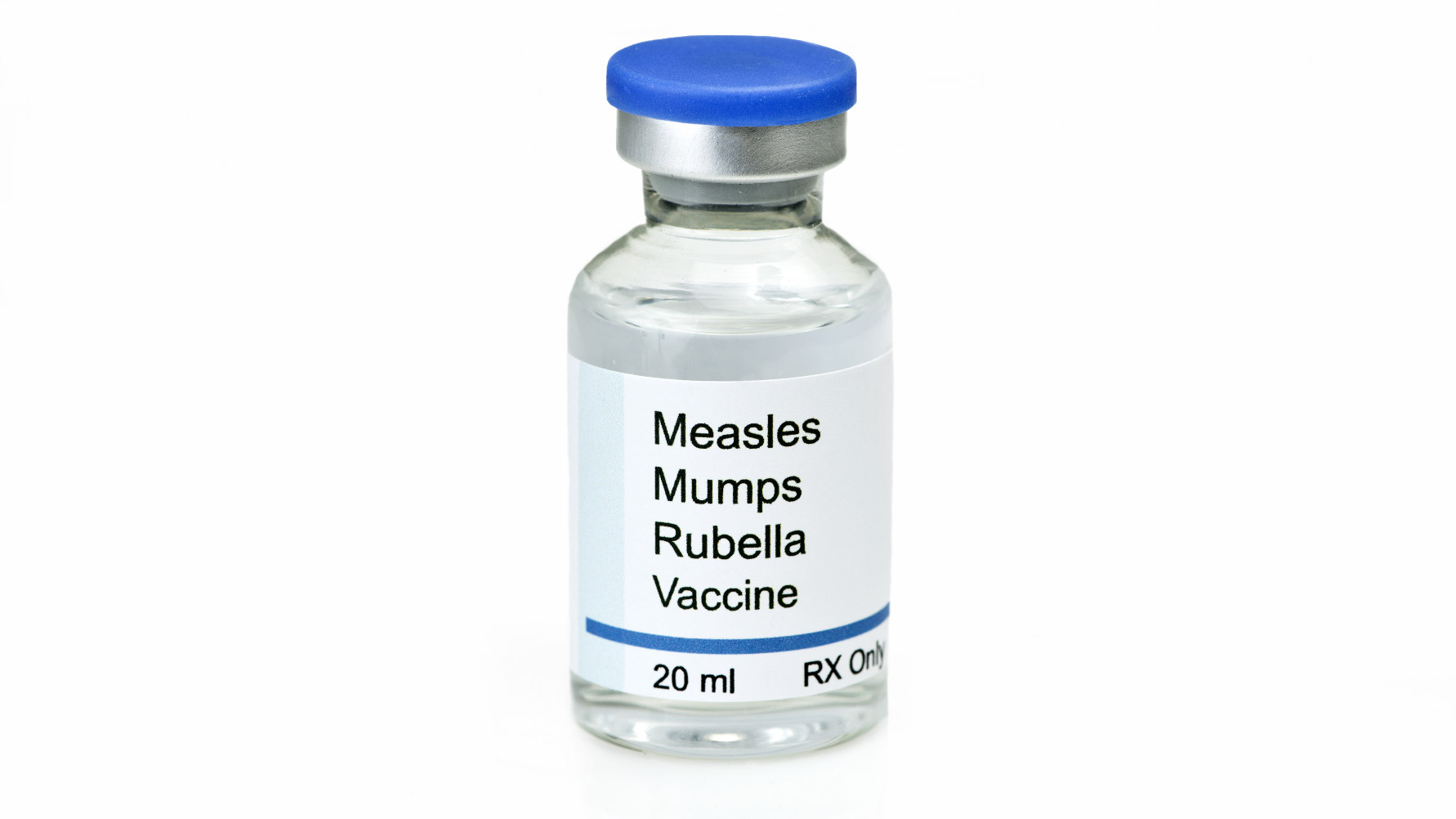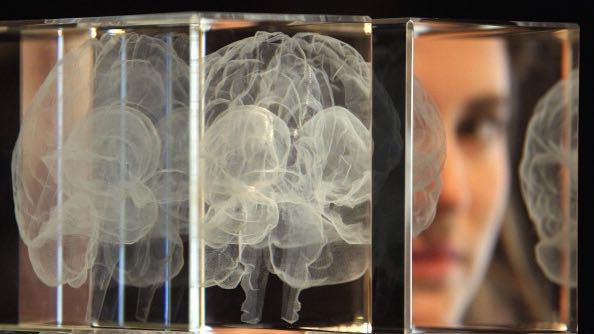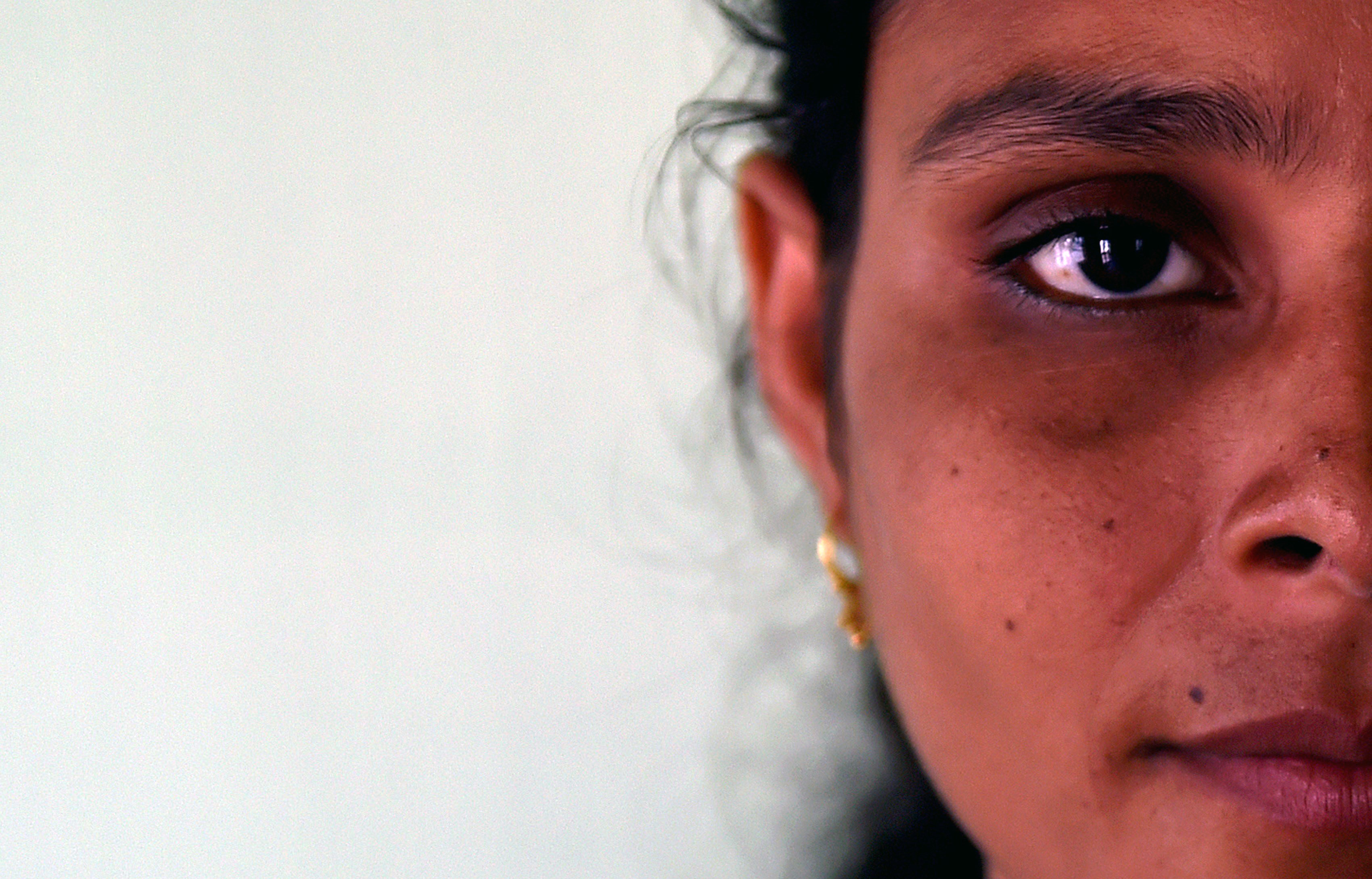Surprising Science
All Stories
Juvenile incarceration isn’t just a minor sentence. Researchers have found it sets off a chain reaction that follows them into adulthood.
Research suggests jokey explanations will help little ones laugh, which will help them learn.
Your brain has a smart filter that pushes out irrelevant data so we can be unburdened from remembering.
One potential solution is to continually freeze and unfreeze an organ in such a way that ice will never form.
The Daily Table, a new Boston grocery store from the ex-president of Trader Joe’s, sells nearly expired food items at a steep discount.
Who says wearable technology can’t be classy? A company called Italian Tailored Technology is currently crowdfunding the production of a sharp-looking jacket that doubles as a secret agent toolkit.
Meditating on unethical acts may help in making better, more ethical decisions in the future, and, as a result, help you sleep at night and allow you to look at yourself in the mirror.
The first evidence that shows how your lifestyle could alter your child’s genes and their children’s genes has appeared.
Researchers are here to assure you that memory doesn’t go all at once as we age. Some parts strengthen as other parts give way.
VanDerWaals’ line of app-enabled, color-changing bags could represent the future of tech-driven fashion items.
Researchers discuss their research into the Disneyland measles outbreak and why you should vaccinate for the good of the herd.
Both biology and economics are in the “productivity selection” business. But self-interest in evolution differs greatly from self-interest in economics. Comparing them shows that excessive self-maximization has become a systemic risk.
Researchers discovered a causal link between poor sleep and the build-up of the beta-amyloid protein, which is believed to cause Alzheimer’s.
The story of the boy who survived underwater for 42 minutes is astounding. But how was he able to live? Science gives us a few possible answers.
Brainwaves may be the future of account security, according to researchers. But it will be a while before it comes to the consumer market.
Millions of girls in Africa skip school because of their periods. But menstruation is still a shameful topic even in the Western world and it doesn’t attract many entrepreneurs and innovators to tackle the problems surrounding it.
The number of new cases of cancer worldwide is rising. The death rate from cancer worldwide is dropping. What do these conflicting numbers tell us about the challenge of making sense of just how risky it is out there?
By nature, humans are social creatures, which has led some researchers to suggest that’s why humans enjoy browsing Facebook when we want to unwind.
Too much caffeine caused one women to exhibit manic symptoms — restlessness, rapid speech, and paranoia, all from overconsuming coffee.
The Concordia Research Station, located in middle-of-nowhere, Antarctica, offers ideal conditions for testing human psychological and physiological reactions to extreme situations.
Researchers have found that there are people who can recall their lives down to the last detail, and there are people who sit on the opposite side of that spectrum.
Researcher Christin L. Munsch breaks down how being economically dependent on a spouse may cause some men and women to stray.
The discovery of a new hominid species, a contemporary of the famous “Lucy,” expands our understanding of human origins and the middle Pliocene period.
Where previous iterations of wearable technology have relied on gaudiness, Google’s new smart fabric comes with an understanding that innovation doesn’t always need to be flashy.
The tonal qualities of a dog’s bark can reveal age, gender, breed, and more.
NASA’s New Horizons probe is on a road trip to Pluto and sending back some illuminating imagery on the way.
Researchers say it’s the night — not the darkness — that we fear.
Researchers from the American Chemical Society finally tackle what makes New York City’s bagels taste so good — it’s all about mixing the right chemical compounds.
Most people seem to believe MSG is bad for you. In fact, it is far more likely to be good for you.
Journalists often hype the most alarming aspects of the news. In the process, they sometimes create and reinforce common fears that far exceed the actual danger.





























